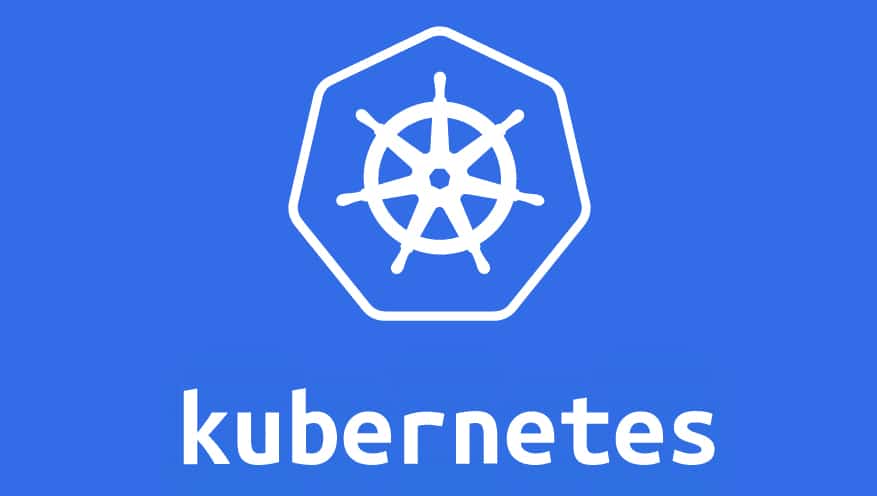
The open source community has welcomed Kubernetes 1.7 as the latest version of the container management solution. The new version focuses on extensibility and security.
Kubernetes 1.7 is designed to run enterprise workloads including databases. The team has enhanced the enterprise workloads with improved StatefulSets that helps users move stateful applications like databases to a container even in a high availability mode. The new feature takes care of running database cluster depending upon stable network identifiers and persistent storage.
The new Kubernetes version also brings a set of new network policies. Users can easily define how application components can talk to each other. Being security the major focus of the latest Kubernetes release, all the data stored by users is encrypted. Kubernetes engineers have also uplifted audit trail logs for richer insights.
Additionally, Kubernetes 1.7 offers an ability to developers to upgrade clusters that are based on applications like Apache Kafka, ZooKeeper and etcd without any downtime. There are also new storage capabilities.
For power users, the update brings API aggregation that allows user-provided apiservers to be served alongside the available Kubernetes API at runtime. Developers can also use extensible admission controllers, pluggable cloud providers and container runtime interface (CRI) enhancements to expand their container projects.
“This release is possible thanks to our vast and open community. Together, we have already pushed more than 50,000 commits in just three years, and that’s only in the main Kubernetes repo,” Kubernetes Google Group Product Manager Aparna Sinha and Kubernetes Mirantis Program Manager Ihor Dvoretskyi write in a blog post.
Kubernetes 1.7 is available for download on GitHub. The release includes an updated documentation to ease its deployment.












































































[…] (AWS), Google Cloud Platform, Microsoft Azure, Oracle and Rackspace. Furthermore, the build supports all the features offered in Kubernetes […]